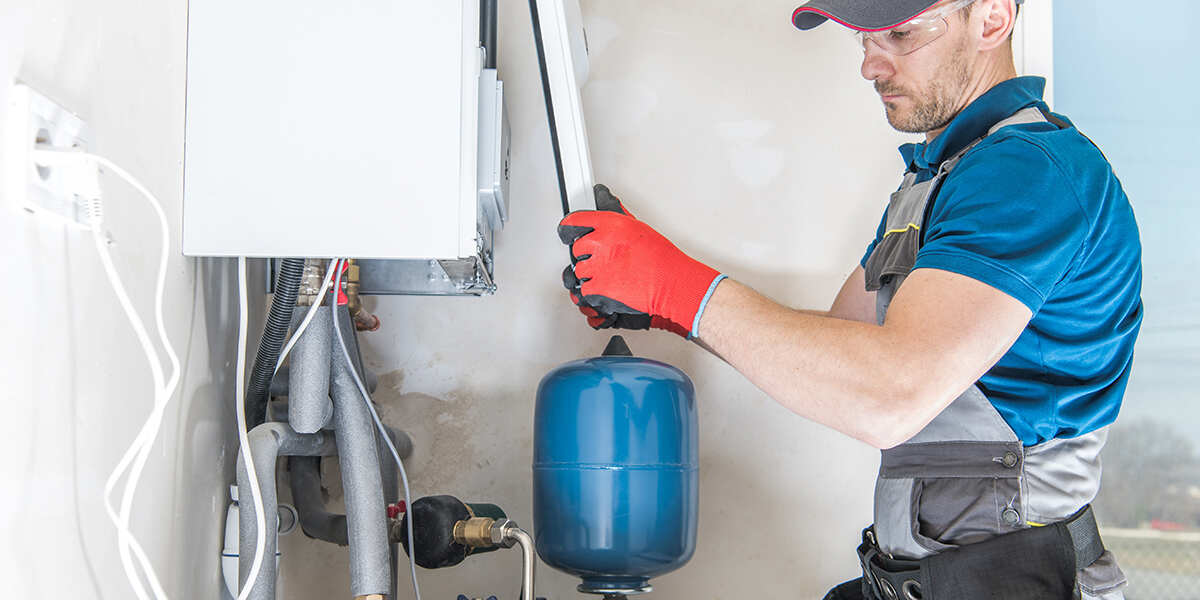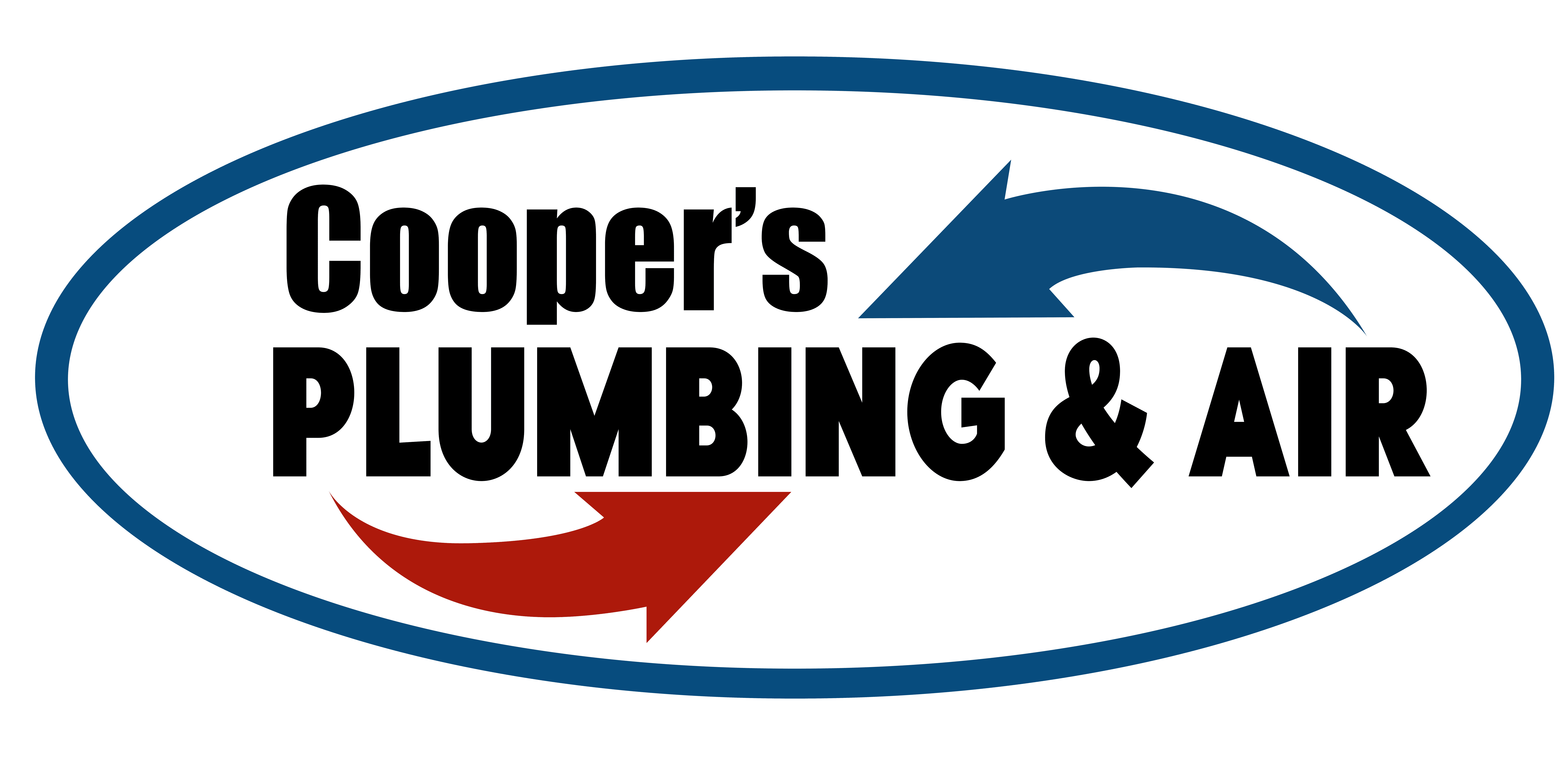
Gas-powered heating systems need a steady flow of fuel in order to function properly. This begs the question: what happens if furnace gas pressure is too low? You’ll likely have to schedule furnace repair in Tallahassee, FL, to address various performance issues that result from inadequate gas pressure.
Discover the common signs of a furnace with poor gas pressure, what you can do to keep your furnace working properly, and other helpful tips in this guide from Cooper’s Plumbing & Air.
How Gas Pressure and Flow Affect Your Heating System
One of the best things about gas-powered furnaces and boilers is that they offer reliable heat without causing your energy bills to go through the roof. However, the efficiency of these systems primarily depends on your gas pressure and whether the burners receive too much or too little fuel. It’s crucial to strike the perfect balance to avoid performance issues relating to pressure levels that are either too high or too low.
The Dangers High Gas Pressure
Monitor your home’s gas supply and ensure that the furnace doesn’t exceed the recommended gas pressure settings. This can result in the following issues:
- Unpleasant odors: The excess gas can cause your furnace to emit strange burning odors. Call an HVAC repair technician if the smell doesn’t dissipate within a few minutes, since it’s normal to notice odors the first time you run your heat after an extended period.
- System overheating: You risk your system overheating when the furnace’s gas pressure exceeds normal levels, which can lead to a total furnace shutdown and costly repairs.
- Short cycling: If your heater keeps turning on and off every few minutes, check for signs of overheating. This triggers the unit’s high-limit switch which ultimately keeps you safe but doesn’t allow for a standard heating cycle.
Heating Problems With Low Gas Pressure
What happens if the furnace gas pressure is too low? Homeowners can expect the following to occur:
- Ignition failure: Without ample gas flowing into the system, the furnace’s pilot light won’t ignite or turn on and then experience a flame outage.
- Incomplete combustion: As flames burn out, the combustion chamber fills with moisture which can damage the heat exchanger and release harmful flue gases.
- Reduced heating efficiency: The burner performance will suffer and cause the furnace to operate at a lower efficiency.
Low furnace gas pressure directly affects your comfort level as well as the air you breathe. Have a licensed heating contractor inspect your system and perform repairs to regulate the gas pressure.
How Experts Approach Faulty Gas Furnaces
Knowing what happens if furnace gas pressure is too low emphasizes the importance of fixing the problem before it escalates. Professional HVAC technicians not only have to adjust the gas settings but also figure out why the pressure is too low. Many experts will use the following three-step approach:
- Inspect and change gas settings: During furnace installation, experts have to align the manifold correctly so gas from the main valve enters the burners. If this equipment is in the wrong position, they’ll have to adjust it so the right amount of gas flows into the burner.
- Check for infestations: Critters like birds or rodents may build nests in your home’s gas valve while it’s not in use and block the pathway. When you try to use your furnace, the gas pressure won’t be sufficient because of the debris.
- Diagnose valve corrosion: Given what happens if furnace gas pressure is too low, there might be evidence of corrosion along the gas valve. The buildup of water vapors from the poor combustion process can eventually corrode the valve and require repair.
It’s crucial to let a licensed technician inspect the heating system and connected gas lines rather than tinkering with it yourself. You’ll jeopardize your safety if you try to fix the furnace without the proper qualifications and can cause further damage that affects its heating performance.
How To Maintain Your Furnace After Repairs
You must be proactive when it comes to keeping your furnace gas pressure within the normal range. Prioritize furnace maintenance after experts conduct repairs to prevent future heating issues. This includes:
- Changing the air filter regularly
- Scheduling annual furnace tune-up services
- Opening all of your home’s vents and removing obstructions blocking them
- Monitoring extreme, unexplained changes in your heating costs
If you experience the signs of an under-fueled furnace, reach out to a trusted HVAC contractor. They can determine if the heating system needs minor repairs or if you should replace it.
Frequently Asked Questions
Get answers to more common questions about improper gas pressure levels and how they affect furnaces.
What Is the Ideal Gas Pressure Setting for Furnaces?
A furnace’s perfect gas pressure setting is between 3.2 and 3.7 WC, or inches of water column.
Can You Troubleshoot a Furnace With Inadequate Gas Pressure?
Yes, you can change your furnace’s air filter and check for a tripped pressure switch. Let a professional handle more extensive tasks like checking the gas line’s connection and cleaning dirty burners.
How Do You Check the Gas Pressure on a Furnace?
You can check a furnace’s gas pressure by shutting off the gas supply, connecting a manometer to the gas valve adapter, and then turning the gas supply back on to operate the furnace. The manometer will give the pressure reading in WC.
Choose Cooper’s Plumbing & Air for Furnace Repair and Maintenance Services
Now that you know what happens if furnace gas pressure is too low, you can act accordingly and schedule repairs when something seems off with your heating system. Continuing to operate a furnace with insufficient gas pressure will leave you struggling to stay warm since the burner performance suffers and can cause your energy bills to spike due to a decrease in system efficiency.
Whether you need to replace filters in the furnace as part of routine maintenance or undergo extensive heating repairs, turn to Cooper’s Plumbing & Air. Give us a call at 866-773-1919 to book reliable, budget-friendly HVAC services. Learn more today.
